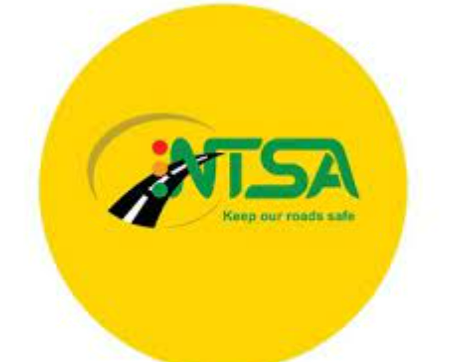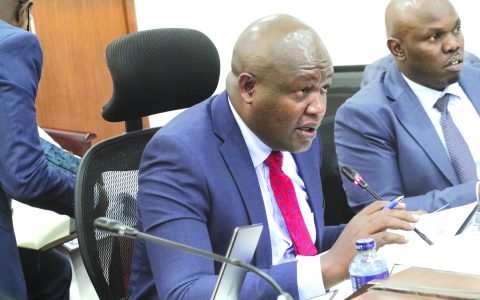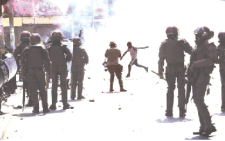NTSA unlawfully revoked PSV operators’ licences

On May 3, the media reported that the National Transport and Safety Authority (NTSA) had revoked the licences of 64 public service Saccos and companies.
“Members of the public are hereby advised not to board vehicles belonging to these Saccos and companies”, the NTSA notice said.
As part of reforms introduced by former Transport minister John Michuki in 2003, public service vehicles (PSV) must register with a Savings and Credit Cooperative Organization (Sacco) in order to be licensed.
But it’s costly and cumbersome to register a Sacco for one transporter, so several individually owned PSV providers find it cost-effective to team up under one Sacco to make compliance easier. The main idea was that under Saccos, operators could self-regulate more effectively, an expectation that has not materialised, partly because of politics and the government mandated to enforce the law.
The collapse of the ‘Michuki rules’ began as soon as the late minister was transferred from Transport to the Environment docket. Michuki was replaced by former Matuga MP Chirau Ali Mwakwere.
Mwakwere oversaw the death and burial of the Michuki rules almost literally. When he took over, some of the public transport sector reforms had not been fully implemented. For instance, it had been proposed that while 14-seater transporters would remain for long-distance travel, they had been singled out for traffic snarl-ups in urban areas and would no longer be licensed to operate in those areas.
But Mwakwere declared that the 14-seaters would not be banned from urban areas after all, addingt: “I own and operate the 14-seaters myself and nothing of that sort would happen as long as I am the transport minister”. Mwakwere’s about-turn was a clear case of conflict of interest, going against the grain of a public policy plan that had resulted from a painstaking process.
But even after demonstrating at the highest level that rules could be bent to suit personal interests, Mwakwere still directed owners of PSVs to self-regulate. Taking the gauntlet, matatu owners announced on October 6, 2006 the creation of management committees to work out ways of instilling discipline in the sector.
In a country founding Tanzanian President Julius Nyerere once described as “a man-eat-man society”, and whose version of capitalism is akin to what Karl Marx’s described as “harsh, cold, uncompassionate, anti-humanistic, crisis-prone, and relentlessly exploitative for the sake of profit”, matatu owners are yet to give an account of the creation, existence and effectiveness of those committees.
Notwithstanding the massive failure by matatu owners to self-regulate, it was unlawful of the NTSA to make the arbitrary decision to withdraw the licences of 64 PSV Saccos without any regard to national values and principles of governance.
Article 10 of the Constitution mandates all State organs, State officers, public officers and all persons applying or interpreting the Constitution; enacting, applying or interpreting any law; or making or implementing public policy decisions to adhere to the rule of law; social justice; equality; human rights; non-discrimination and protection of the marginalized; transparency and accountability.
While the public is horrified by recent road accidents and the grim numbers of fatalities, that’s not an excuse for the NTSA to descend on the offending Saccos with heavy-handedness, ignoring its constitutional obligation to accompany its decision with a public statement of accountability to those affected and the public.
Besides, Article 36 of the Constitution guarantees that “any legislation requiring registration of an association of any kind must provide that registration may not be withheld or withdrawn unreasonably; and that there shall be a fair hearing before registration is cancelled”.
- The author is the Executive Director of the Kenya National Civil Society Centre; [email protected]



